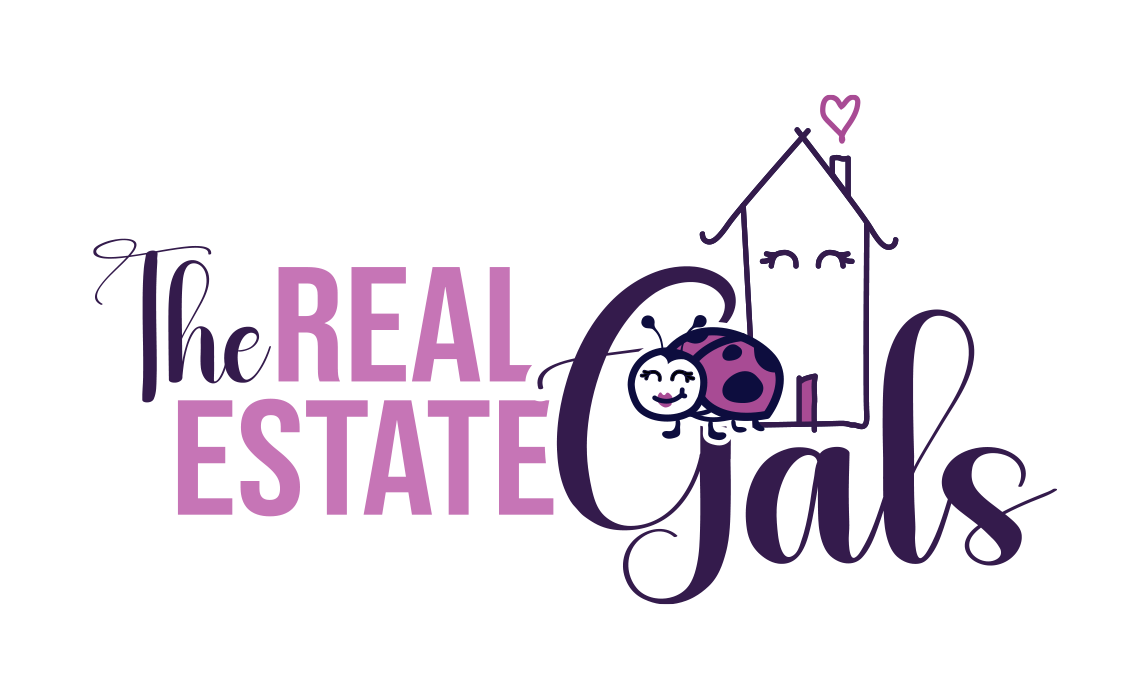Guilt and divorce often go hand in hand. Guilt accompanied by shame, even more so. And when it comes to family, there is the guilt that you failed your children and shame that you let your parents down.
For those of us with parents that come from a generation where divorce was taboo, the guilt and shame we feel can be amplified. The feared judgement from our parents that we didn’t try hard enough, that we let them down, can bring us back to our childhood where we often sought our parents’ approval and pride.
This is especially true for divorced women, who often blame themselves for a failed marriage.
According to Anita C. Savage, a US-based divorce and family law attorney, “We believe that our failed marriage means we have failed as a human being, as a partner, and as a parent who wanted to provide their child with an example of what a long and successful marriage looks like.”
I remember when my first marriage failed how difficult it was to talk to my parents about it. After all, I had been married for 17 years and had what appeared to be a picture-perfect marriage. Why would I give all that up? What had I done wrong to cause this?
Of course, we all know that there is more to a relationship than what other people see and after many years people can change and grow apart. But rational explanations are easily forgotten, especially when it comes to family and parents with “old-fashioned” values.
But while my parents eventually accepted my situation, to this day I tend to avoid or change the subject if it comes up.
And then there is the effect on children. Research has shown that divorce “often perpetuates itself across generations”. However, as the stigma of divorce has lessened over the years, so has the likelihood that children of divorce will go on to divorce as well.
However, it does happen and what’s interesting is that “family shame” can still be there. Even children of divorced parents can feel shame in getting a divorce themselves and find it difficult to talk to their parents about it. Perhaps it’s a feeling they should have known better, that they weren’t going to make the same mistakes…whatever it is, the shame around divorce is real.
While some people may treat you differently when you get divorced, often our fear of what others might think is “self-stigmatization”. Some
tips to overcome this include:
- Acknowledge your courage – divorce takes courage and inner strength.
- Tune out self-shaming – surround yourself with supportive people and avoid the nay-sayers.
- Talk to someone – whether a therapist, close friend or family member, talking about what you are going through is healing.
“Research supports that self-compassion and kindness toward oneself through the divorce process is crucial…make every effort to practice good self-care throughout the process and surround yourself with individuals who offer positive, consistent social support. These efforts will make a difficult experience a little less difficult.” (Psychology Today)
The information provided on this website does not, and is not intended to, constitute legal advice; instead, all information, content, and materials available on this site are for general informational purposes only. Views expressed are my own. Please consult a lawyer for advice on legal matters.


